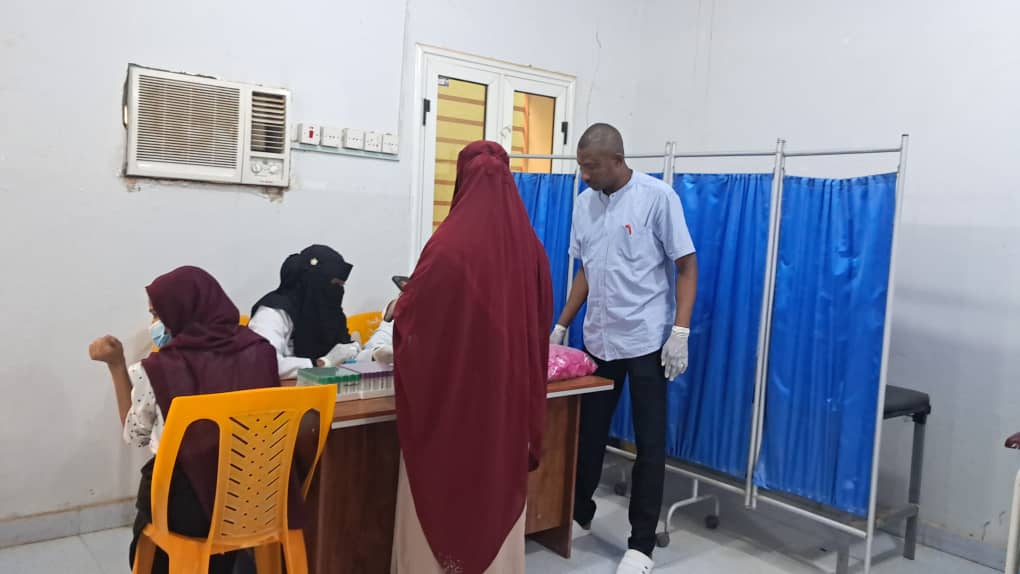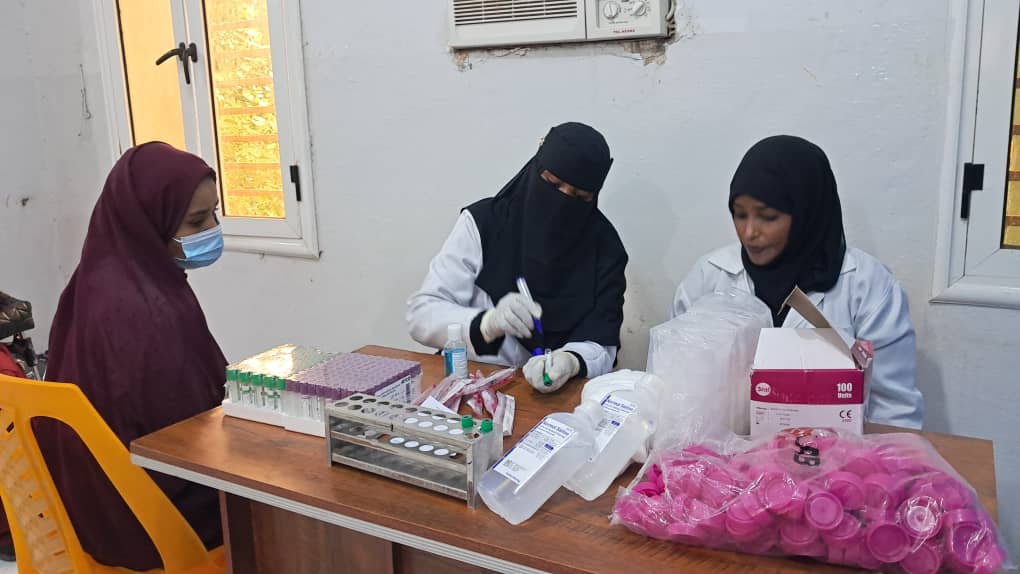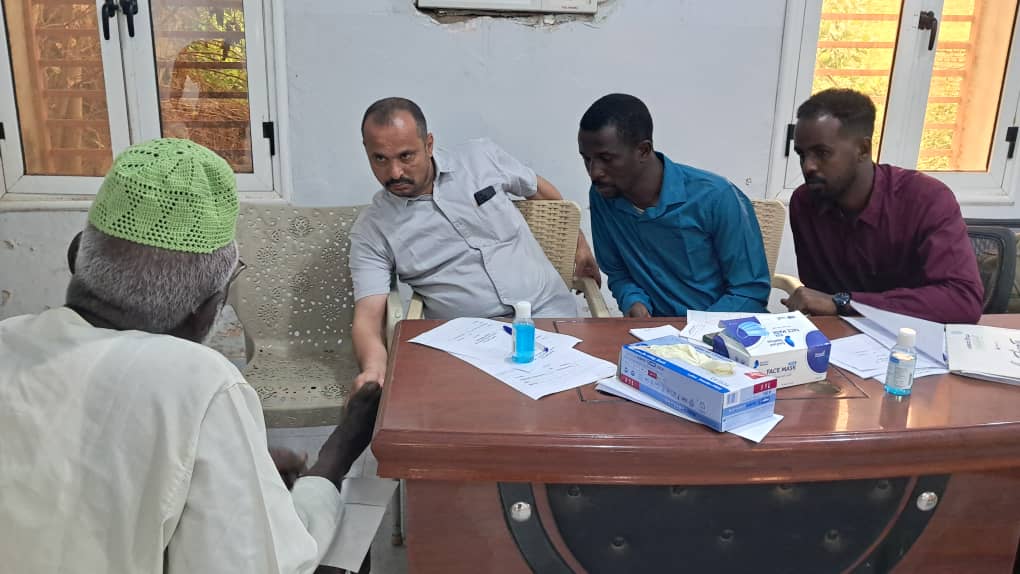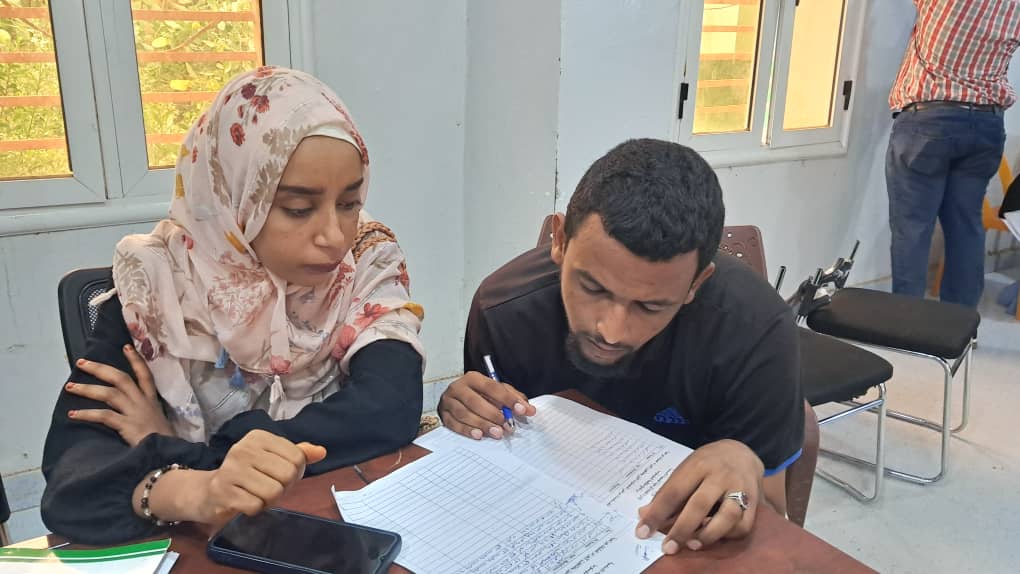Mycetoma Campaign in Kassala

On July 20, Kassala State in eastern Sudan hosted a dedicated Mycetoma Treatment and Diagnosis campaign. This important event was organised through the collaborative efforts of the Kassala State Ministry of Health, the Federal Ministry of Health, and the Mycetoma Research Centre, University of Khartoum.

The campaign was staffed by specialised consultants with expertise in mycetoma management and advocacy. The suspected and known mycetoma patients were carefully examined, and a range of diagnostic services was conducted to ensure accurate and thorough assessments of this chronic and debilitating disease, which is caused by fungal or bacterial infections. Patients underwent a series of laboratory tests to analyse their blood and tissue samples, aiding in the precise identification of the causative organisms. Diagnostic x-rays were conducted to examine the extent of bone involvement, a common complication of mycetoma. Additionally, ultrasounds were performed to determine the soft tissue involvement, providing a comprehensive understanding of each patient’s condition.

Patients with known and confirmed mycetoma were followed up, and medications were provided. Treatment regimens included a combination of antifungal or antibacterial medications, depending on the type of mycetoma. For patients where the disease had progressed significantly, surgical interventions were recommended to excise the infected tissue and improve patient outcomes. For new suspected patients, the disease was confirmed and planned for treatment and follow-up. Patients were also advised on wound care, hygiene practices, and follow-up appointments to monitor their progress and adjust treatments as needed.

The Mycetoma campaign had a profound impact on the local community. By offering free and accessible healthcare services, the event addressed the urgent needs of mycetoma patients who might otherwise have limited access to specialised medical care. It also raised awareness about mycetoma, educating the public on the importance of early diagnosis and treatment to prevent complications and improve quality of life.

The success of this event highlighted the importance of continued collaboration between local and federal health authorities and specialised research institutions. Plans for future treatment and diagnosis days are being considered to ensure sustained support for mycetoma patients in Kassala and other affected regions. The Mycetoma Research Centre will continue its efforts to advance research, improve treatment protocols, and ultimately find a cure for this challenging disease.
